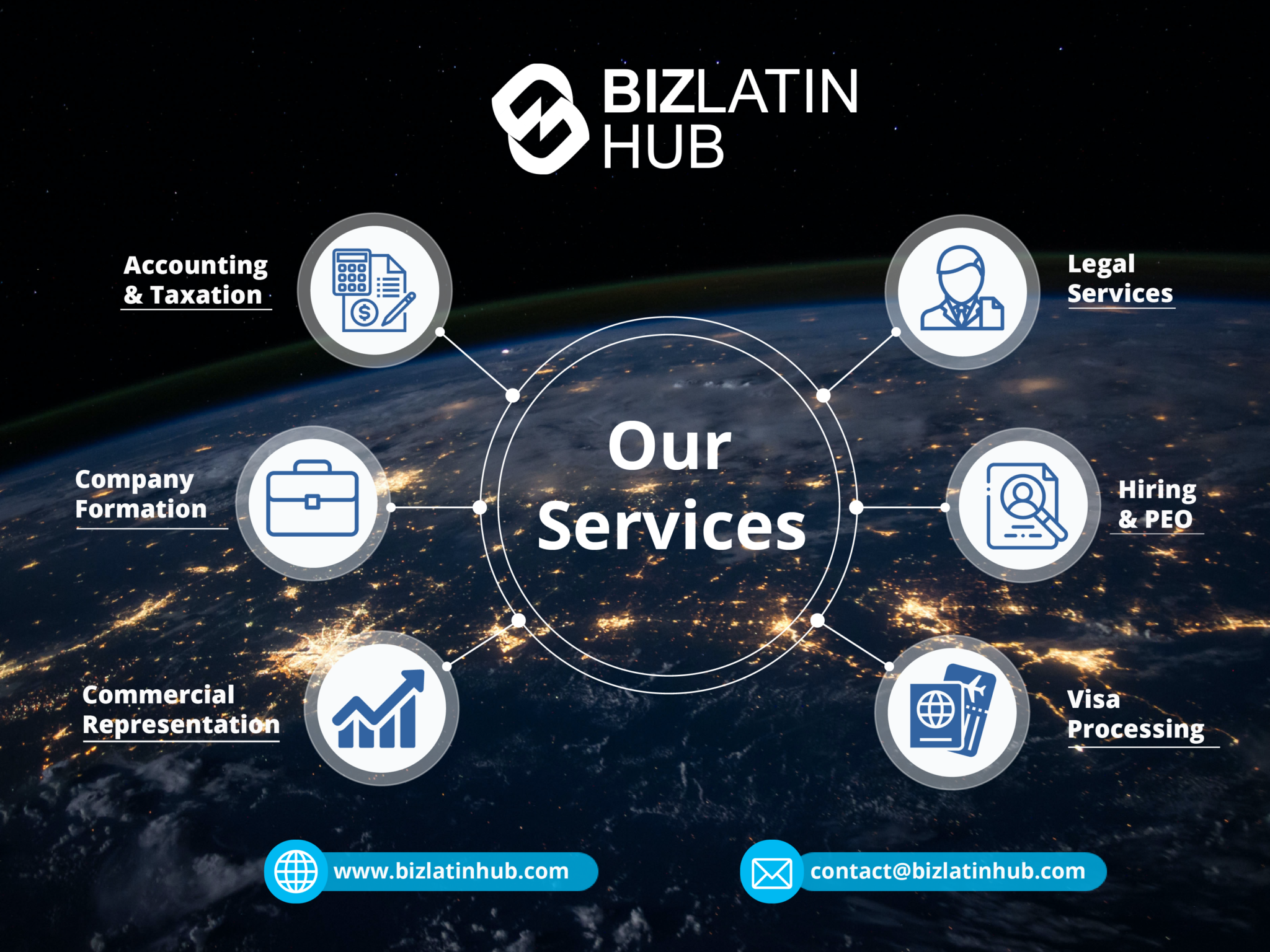As Market observers recognize foreign investment trends in Guatemala, the Central American country emerges as a top contender for foreign business.
The Guatemalan government has made great efforts to improve the country’s business environment, stimulating investor confidence, and spurring Foreign Direct Investment (FDI) inflows. According to the 2019 UNCTAD World Investment Report, Guatemala received US$1,06 billion for FDI inflows in 2018. This represents a 4.23% increase from the previous year.
In this article, we outline the most important foreign direct investment trends in Guatemala and why this country should be regarded as a growing hotspot for commercial activity.
FDI in Guatemala fuelled by historical developments
Foreign currency inflows from foreign direct investment (FDI) reached US$671.4 million during the third quarter of 2019, an increase of 6% compared to the same period in 2018. This was reported by the Bank of Guatemala (Banguat).

Despite neighboring economies such as Panama and Costa Rica are considered to be the most attractive business destinations in Central America, Guatemala has the highest GDP out of the region’s seven countries. In 2018, the country sported a GDP of US$78.46 billion, compared to Panama’s US$65.055 billion, and has consistently shown greater GDP growth than Panama for decades.
Peace agreements reached between 1994-96 ended the Guatemalan Civil War, an internal conflict lasting 36 years. This was a major development in stabilizing the country’s economy, boosting security levels, and investor confidence. It is perhaps because of this conflict that Guatemala continues to be somewhat overlooked as a business destination in Central America. Since then the government has actively pursued further reforms to support further development.
Though it has a long road ahead to achieve further development, locals are constantly identifying foreign investment trends in Guatemala and the government is currently active in securing trade agreements.
Direct investment trends in Guatemala
The key sectors receiving a focussed amount of FDI in Guatemala include:
- Vehicle trade and repair, 166 million (US$)
- Manufacturing,164 million (US$)
- Electricity, water, and sanitation, 123 million (US$)
- Finance and insurance, 103 million (US$)
- Information and communications, 81.5 million (US$)
Guatemala’s industrial, manufacturing, agricultural, and services sectors are among the economy’s strongest and most productive.
Foreign direct investment contributors

By origin of capital, the Bank of Guatemala records Colombia and Mexico to be the main contributors to FDI in Guatemala, while the United States ranks third.
The amount of FDI originating from Colombia is US$137.4 million, the greatest proportion of which is concentrated in financial activity and insurance. Mexican investors contributed US$135 million, predominantly in commerce, telecommunications, and industry. From the United States, FDI flow reached US$122 million.
Within Central America and the Caribbean, the Dominican Republic invested US$63.7 million. Panama stands out with US$23 million and Honduras US$20 million. Guatemala also receives investment from further abroad: The Netherlands invested US$61.6 million, Luxembourg US$54.3 million, and South Korea, US$20.6 million.
As technology and innovation move through Latin American nations and revolutionizes key sectors such as finance, insurance, agriculture, and industry, investment trends in Guatemala are boosting the development of the country’s economy.
Specific foreign investment opportunities
As with many developing countries in Latin America and the Caribbean, Guatemala’s modest agricultural industry is experimenting with Agritech, having representatives participate in events and conferences such as the 2018 Agritech conference in Israel.
The innovation of Guatemala’s agricultural scene helps to improve yields, productivity, and automation. Investment in agricultural technology will serve to achieve more for agricultural producers. Guatemala’s main exports include coffee, bananas, and raw sugar. Investing in the modernization of these and other valuable industries may also help Guatemala achieve greater food security. Investors may, therefore, be able to leverage additional government support to get ahead in this sector.
Other foreign investment opportunities include:
Engineering and construction services
The government is encouraging foreign investment within the construction sector. However, there are not enough trained professionals to carry out these projects, which is why international consultants are opening the way to alliances with infrastructure companies.
Electrical appliances
Thanks to the efforts and large investments of governments to increase access to electricity, demand for electrical appliances from consumers and other businesses in Guatemala is on the rise. Investing in wholesale of light bulbs, switches, cables, and outlets offers potential for long-term success in the country.
Construction materials
Products such as taps, ceramics, and other accessories are sought after. Hardware products, such as tools and supplies that are used in construction and in any home. The intermediary margins range between approximately 25% and 30% for wholesalers, and 30% or 40% for retailers.
Take advantage of the foreign direct investment trends in Guatemala
Foreign direct investment is expressly desired in Guatemala. As the largest economy in Central America, but yet a still-developing one, there is potential for success in Guatemala’s untapped markets. FDI trends in Guatemala indicate local and global interest in this economy, and popular sectors that have yet to receive the same level of modernization as other more developed countries are seen as prime opportunities for business.
Our market entry and back-office services in Guatemala aim to ensure that your company operates in full compliance with local laws and regulations. Our attention to responsiveness enables you to begin operations as quickly and efficiently as possible.
Contact our team in Guatemala today for personalized assistance and guidance on how to get started and comply with local legislative requirements.
Learn more about our team and expert authors.






